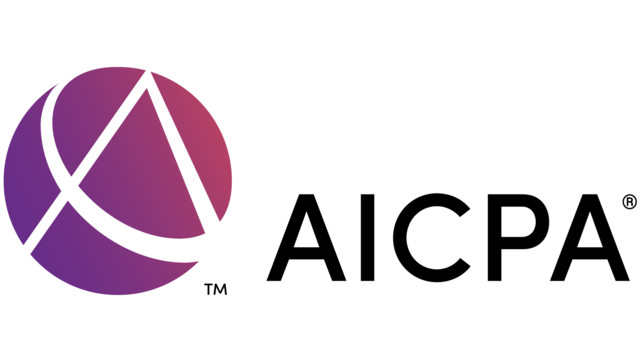The Association of International Certified Professional Accountants (Association) has released comments on the Organisation for Economic Co-operation and Development (OECD)’s Programme of Work to Develop a Consensus Solution to the Tax Challenges Arising from the Digitalisation of the Economy.
Previously, the Association submitted comments outlining key elements for a consensus-based, equitable and successfully durable rebalancing of multi-jurisdictional taxing rights. In this recent letter, the Association’s comments focus on the first of two pillars proposed by the OECD which could form the basis for consensus – the concept of income allocation between jurisdictions.
Income allocation to markets where value is created – also known as the economic nexus – is the foundation of pillar one of the OECD project regarding taxation of the digital economy. The Association’s framework outlines how defining parameters for allocating and apportioning income based on the advent of the digital economy is a multi-jurisdictional exercise in cooperation and enforcement. The Association offers the following points to the OECD for consideration:
- Income allocated should include a routine return to jurisdictions where valuable functions and activities occur, as this treatment provides jurisdictions the right to tax the output of activities that generate value within their borders;
- Minimum threshold exceptions to economic nexus are necessary to protect businesses, and such minimum thresholds should be agreed to globally;
- Developing and obtaining a consensus on workable and practical enforcement mechanisms is a priority;
- New rules to tax value should utilize aspects of existing tax law and consider the impact on individuals operating cross-border; and
- Before considering a fractional apportionment approach, OECD should take steps to recognize the importance of intangible assets.
“As the global digital economy continues to evolve and expand, so does the need for a global consensus on the taxation of the digital economy,” said AICPA Vice President of Taxation, Edward Karl, CPA, CGMA. “The international corporate tax rules must be updated for the digital age; however, unilateral, cross-border taxation actions can lead to double taxation, business uncertainty and lengthy and expensive controversy for businesses and governments,” he continued.
The Association of International Certified Professional Accountants (the Association) is the most influential body of professional accountants, combining the strengths of the American Institute of CPAs (AICPA) and The Chartered Institute of Management Accountants (CIMA) to power opportunity, trust and prosperity for people, businesses and economies worldwide. It represents 657,000 members and students across 179 countries and territories in public and management accounting and advocates for the public interest and business sustainability on current and emerging issues. With broad reach, rigor and resources, the Association advances the reputation, employability and quality of CPAs, CGMAs and accounting and finance professionals globally.
Thanks for reading CPA Practice Advisor!
Subscribe Already registered? Log In
Need more information? Read the FAQs




